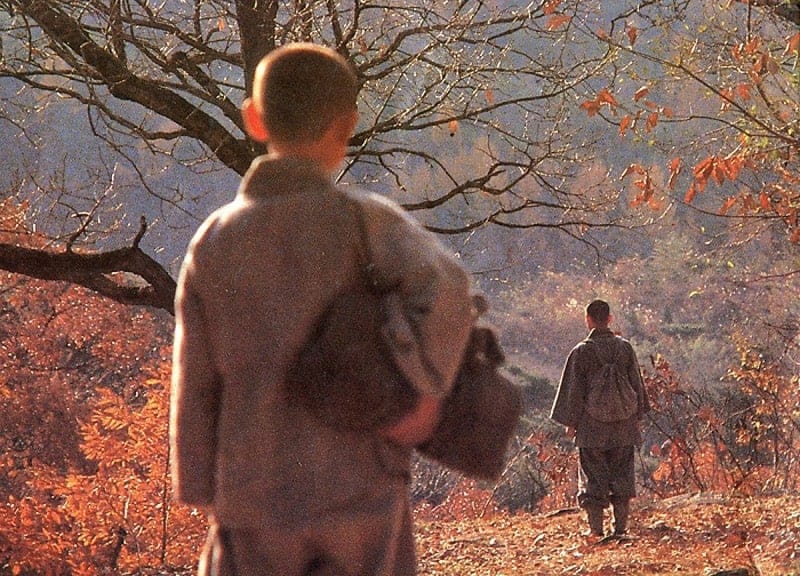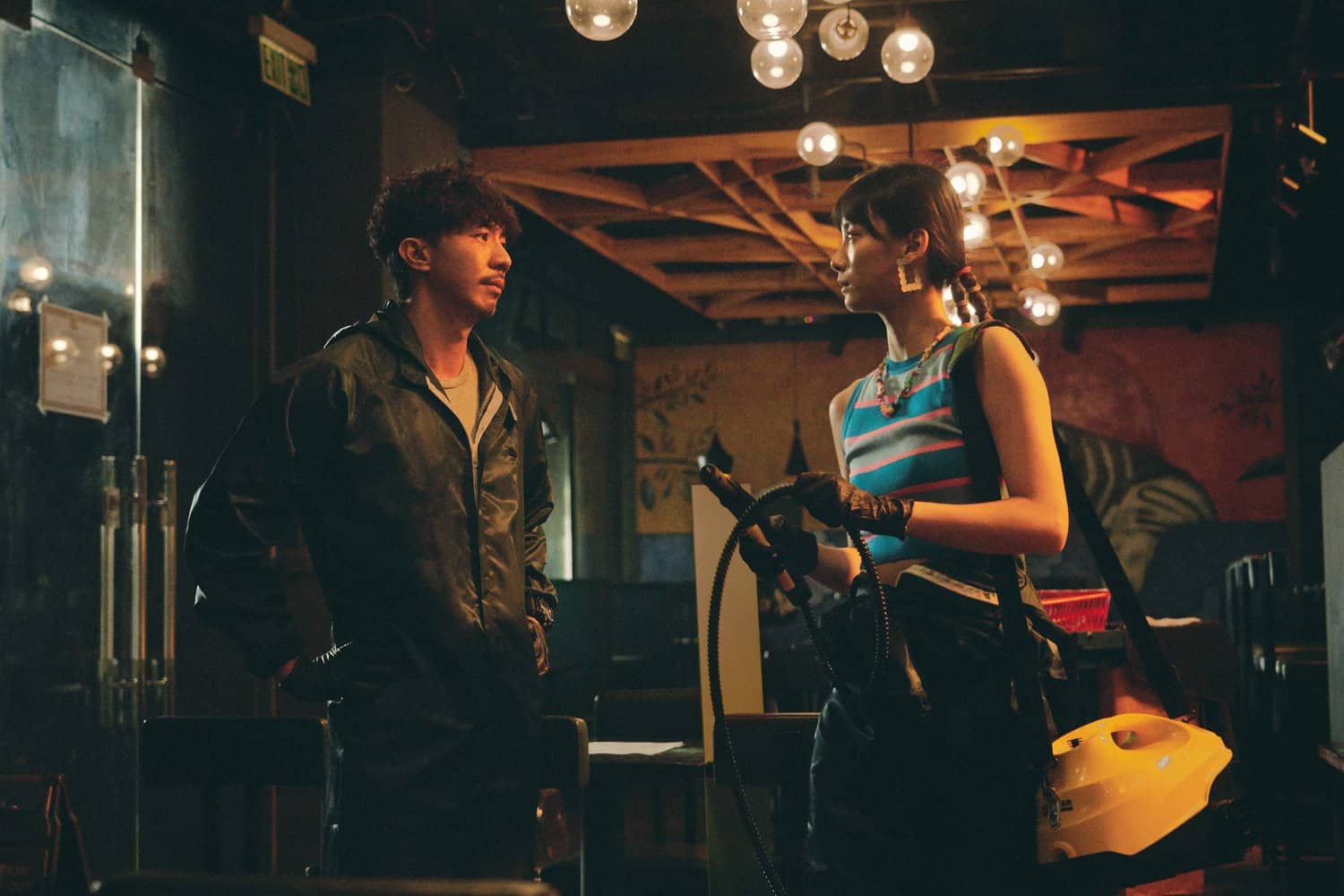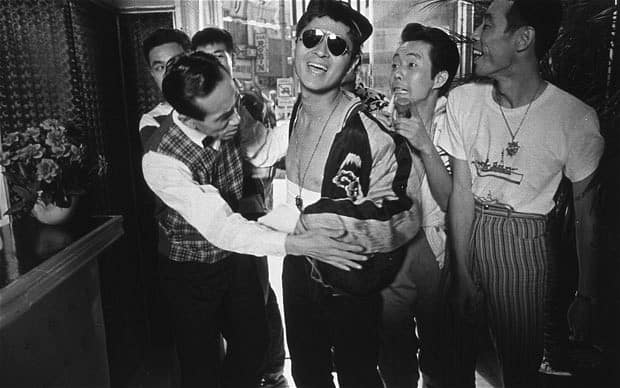Shooting films that look like more of a collage of the director's imagination than a compact work is a long-time trait of Japanese cinema, with Takashi Miike and Sion Sono in particular, excelling in that regard. This approach, however, is one of the most difficult to implement with success and thus, it was quite a brave decision from Tomonori Nakamura for his feature debut, even more so since he directs, pens and stars in “Keita Never Die”.
“Keita Never Die” is screening at Japan-Filmfest Hamburg

The aforementioned Keita is a true lowlife, who crashes in his sister, Aki's apartment, who happens to work as prostitute from home, while also having his lover, Akira, stay there. Furthermore, Keita has Akira working as a male prostitute, with him functioning as his pimp. The arrangement seems to work for them, until a rather unfortunate series of events happens on the same day. One of Akira's clients refuses to pay and Keita beats him to a pulp, only to find out that he is a translator who works for the Russian mafia. The local gang leader, Norifumi Kimura, is enraged by his deed, since it can disrupt the thin balance with the Russians. If that was not enough, Kimura's daughter, Sachi, is pregnant after a night of sex with Akira, but in order to keep him for herself, she tells her father that Keita raped her. Expectedly (for exploitation movies that is) that latter soon finds himself without a penis and a bit later dead and dumped in a river. However, when he wakes up, he is in a rather weird after- life setting that is not much different than the actual world, and even working for a company run by his deceased father. If that was not enough, soon he finds a portal that can take anyone back and forth from the “real” world, and even more, inside his sister's body.
The disorientation that dominates the narrative begins from the first scene, where the voices heard do not mirror the protagonists' words, and actually continues for the majority of the movie. The editing by Nakamura himself also adds to this sense through the many and occasionally very abrupt cuts. The unlikely basic premises and the even more occurrences that take place as the story unfolds also move in the same path, which actually finds its apogee with the whole other-world concept, particularly its setting and how easy it is to go from one “dimension” to the other. This absurdness is also filled with exploitation elements, starting with the many sex scenes (including among gay men, which is not common for Asian cinema) and continuing with the rather brutal violent scenes, with the torturing of Keita being the most graphic. Lastly, the martial arts aspect that comes to the fore close to the finale cements this approach.
Finding substance in this chaotic setting is not exactly easy, but one could say that Tomonori Nakamura makes a comment about the cycle of violence, which, once it is opened, it is almost impossible to close, as both the central and the various sub-stories indicate, with the one regarding Keita's father being the most eloquent in that regard. The whole concept of the other world can also be interpreted through this same prism, with Nakamura suggesting that not even death can close the cycle.
Katsuya Shinzato's cinematography is occasionally impressive, for example in the black-and-white scenes portraying the past and a number of ones that highlight the claustrophobic setting the characters inhabit, both literally and metaphorically. On the other hand, some of the night scenes seem a bit off, probably because the low budget of the production did not allow for proper equipment.
Tomonori Nakamura's acting as Keita is convincing, with him highlighting both his exploitative nature and his victimization equally good. Ryu Shinoda as Akira looks as cool as possible almost at all times, Han Arai as Kimura plays the sinister letch with gusto, and Maki Nishiyama is excellent as Aki, both as a prostitute and as a being that harbors two different people in the same body.
“Keita Never Die” is faulty and quite frequently nonsensical, but at the same time quite interesting, particularly due to the originality of the script and the way Nakamura manages to combine all those different genres.














